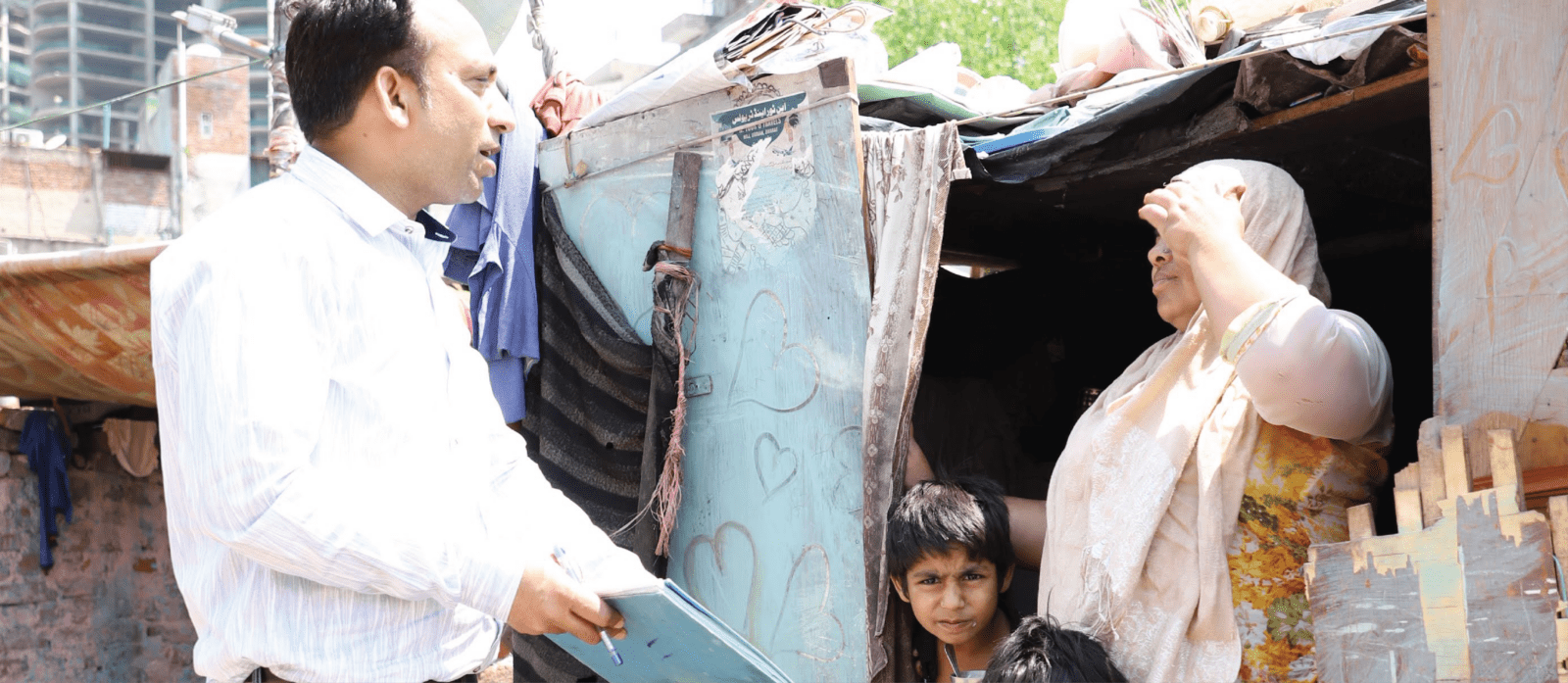More than fifty students faint due to dehydration in Bihar during the state’s fatal heatwave, caused by record-breaking temperatures.
This news comes only two days before the Seventy-Seventh World Health Assembly where a landmark resolution was passed, recognizing climate change as an imminent threat to global health. Soon after, the Bonn Conference was held, a first-of-its-kind meeting focused exclusively on children in global climate negotiations.
Dynamic Weather Changes Seen Across India
For the past couple of months, India’s grapple with increasing temperatures and rampant heatwaves have hit the headlines of every major publication. Health advisories and people’s plights abound on social media as well. In the midst of this mayhem, though, the effect of heatwaves engulfing North India and flash floods wreaking havoc in Northeast India on the country’s most vulnerable citizens—it’s children—remains underexplored and underreported.
Heatwaves—An Extreme Weather Change or a Silent Killer?
Heatwaves can cause heat stress or heat stroke and various physiological changes in the cardiovascular, kidney, and metabolic systems. Prolonged exposure to high temperatures contributes to development of chronic conditions and can easily lead to medical emergencies or mortality in worst cases. Study of this cause and effect easily point to heatwaves as one of the deadliest natural health hazards for humankind.
A fallout of the burgeoning climate crisis, heatwaves, flash floods and the likes are a health and development scare for children as well. Sudarshan Such, CEO Bal Raksha Bharat [Save the Children in India] elaborates in an interview “With temperatures rising, children are particularly susceptible to heat-related illnesses due to their higher body surface area relative to their weight and their bodies’ slower acclimatization to temperature changes.” Adding to children’s vulnerability to heat are factors such as lower sweat production and poor water replenishment.
Additionally, extreme weather patterns such as these are also play a role in multiple indirect health impacts due to disruption in vital services, such as power, water, transport and exacerbation in food and water-borne diseases. In case of marginalized communities, children are seen to be disproportionately affected owing to numerous issues like improper sanitation, healthcare, inequitable access to clean water and more.
Forlorn and Deserted: Ghaziabad’s Communities Reflect Ground Reality
Observed in Ghaziabad’s Bharat Nagar, Chand Mari and Bicchal Dwar communities as well, the impact of increasing heat on the lives of children is playing out adversely. Railway Children India’s (RCI’s) Field Team in these communities, Roshan and Deepa echo their observations of deserted alleyways in peak afternoons. “Parents have advised children, and rightly so, to stay indoors. Nowadays, playtime has reduced largely with children not venturing out as much” reports Roshan.
In Bharat Nagar though, RCI’s Child Activity Center (CAC) is proving helpful to both children and their parents. Here, children enjoy the opportunity to play, learn and grow without fear of the scorching heat dampening their energy.
In Bicchal Dwar, however, the CAC is not seeing as many enthusiastic visitors as its Bharat Nagar counterpart. The blazing heat is prohibiting children from venturing out even if it is for learning and engaging, reports Deepa.
The residents of Chand Mari community are facing additional heat-related issues. Roshan elaborates, “the piles of garbage scattered across the community confines is growing and releasing putrid odour—a bane for all the community members.” The assiduous community members are further burdened by water scarcity in Chand Mari. “Children are spending their summer vacation days queuing up in serpentine lines near the water tanker, to fill pots and drums with water for the family” says Roshan.
The persistent heat is here to stay till another weather pattern takes over. The need to the hour is awareness about the impact and safety measures available to children. Accordingly, RCI’s field workers conduct routine awareness sessions during Group Discussions about the do’s and don’ts during a heatwave warning.
The team members routinely advise parents and children to avoid stepping out between 12 pm and 3 pm and consume sufficient water to beat the heat.





